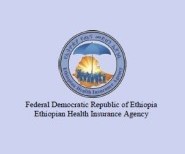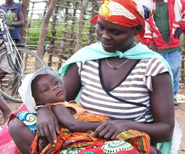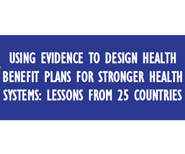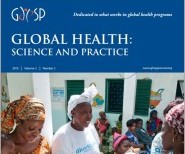As part of its health care financing strategy in general and its health insurance strategy in particular, the Government of Ethiopia endorsed and launched community-based health insurance (CBHI) schemes in 13 pilot woredas in Amhara, Oromia, Southern Nations, Nationalities, and Peoples (SNNP), and Tigray regions in 2010/11 to provide risk protection mechanisms for those employed […]
Evaluation of Community-Based Health Insurance Pilot Schemes in Ethiopia: Final Report













